Irritable bowel syndrome is a functional gastrointestinal disorder involving chronic and intermittent abdominal pain and bowel habit changes. Irritable bowel syndrome or IBS is a chronic condition affecting your large intestine. Your large intestine also known as your colon includes the cecum, ascending colon, transverse colon, descending colon, sigmoid colon, rectum, and anal canal. The muscular wall of your colon contracts in a rhythmic fashion called peristalsis to move the intestinal contents toward your rectum. As it contracts your colon absorbs water and nutrients from partially digested food moving through it waste material called stool is stored in the rectum until it is expelled through the anus.
- Symptoms of Irritable bowel syndrome or IBS symptoms
- What causes IBS (Irritable Bowel Syndrome)
- Diagnose of IBS (irritable Bowel Syndrome)
- Types of IBS diseases
- IBS treatment or irritable bowel syndrome treatment
- Foods to Eat with Irritable Bowel Syndrome (IBS) and foods to avoid with ibs
- Is IBS dangerous?
- how to cure ibs permanently?
- Is IBS curable?
- is ibs dangerous if left untreated?
- what is ibs stand for?
As a bowel movement with IBS the muscular squeezes of your colon are abnormal. in some cases the contractions may cause food to move too fast through your colon as a result your colon does not have enough time to absorb most of the water and nutrients from your food this condition leads to a loose motion and diarrhea
In some other cases, the contractions trigger the food to move too slowly as a result your colon absorbs too much water from your food this condition leads to a hardened stool and problems of constipation.it is unidentified why your colon contracts abnormally however if you have Irritable bowel syndrome your colon may be more sensitive to certain factors as discussed below
Symptoms of Irritable bowel syndrome or IBS symptoms
Stomach pain or cramps
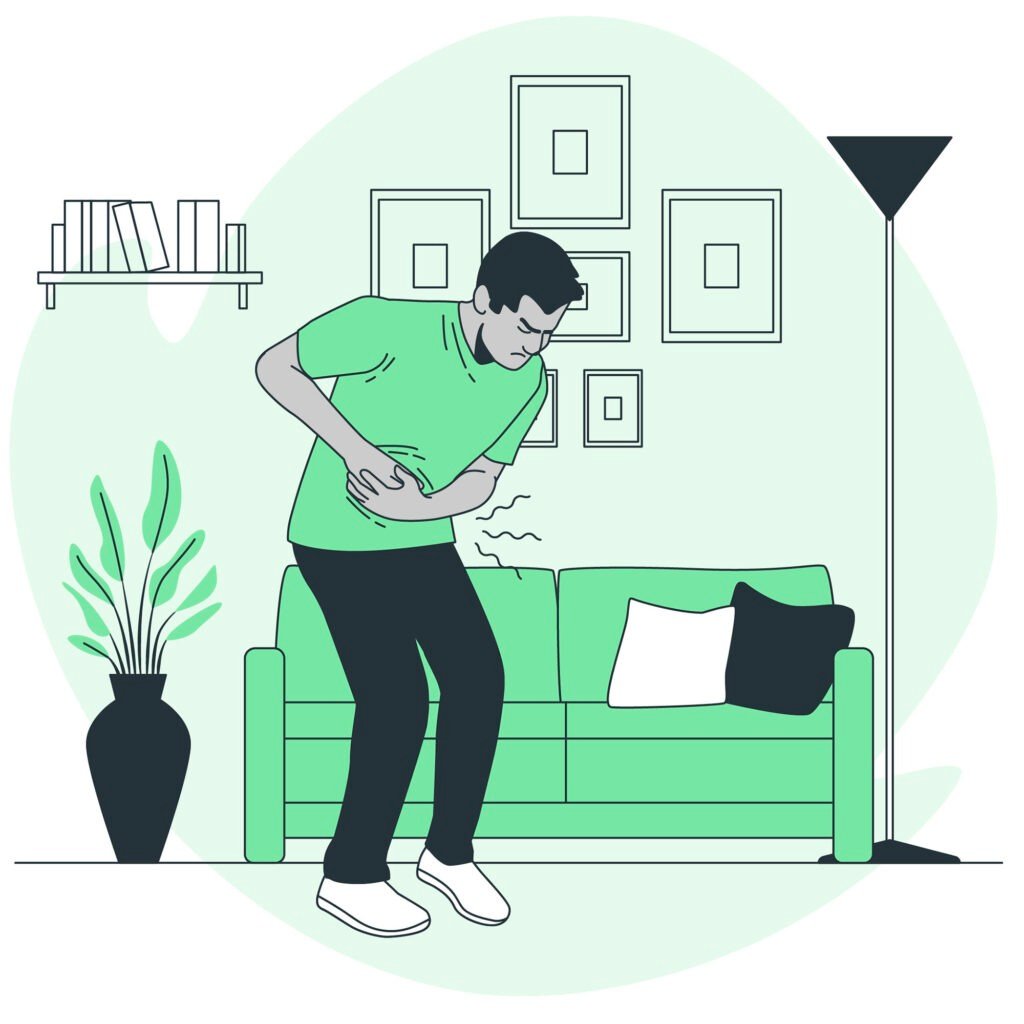
The first and most common symptom people go through with Irritable bowel syndrome or IBS is what we call stomach cramping or stomach pain yes so if you’re going through summer cramping or stomach pain regularly before you do a ball movement or after you do a ball movement or after you eat food these are can be a very important sign or symptom of IBS
Constipation
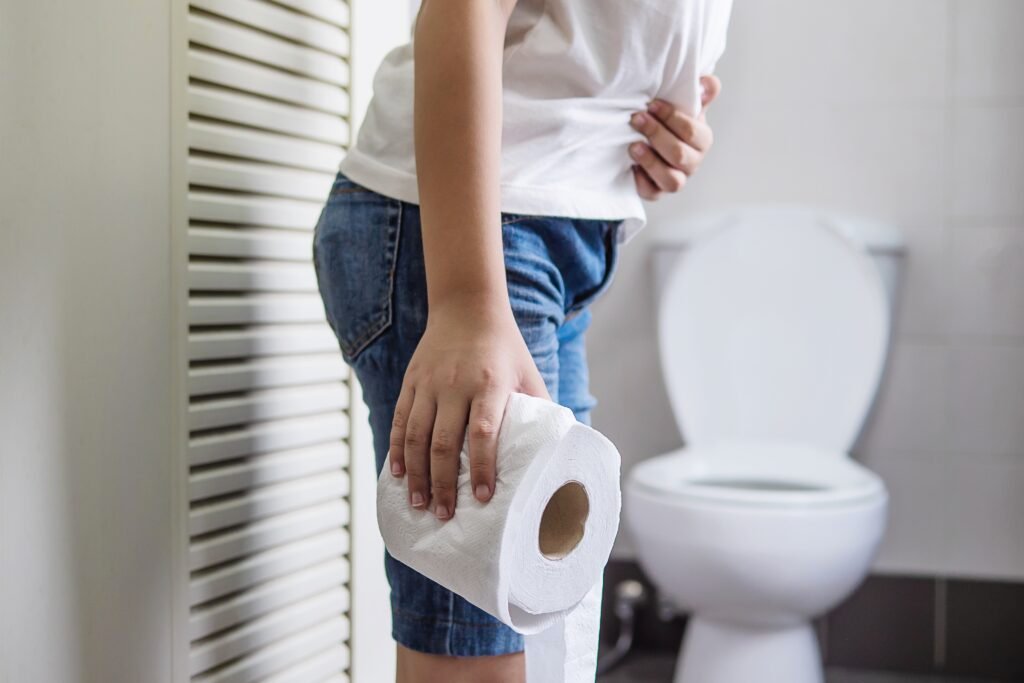
The second symptom is constipation which is defined as constipation a lot of people think that constipation means that they’re not having bowel movements even once a week. constipation is that if you’re not having a bowel movement every day that calls for constipation so you should be having at least one ball movement every day basis and if you’re not having that that is constipation when IBS can be causing constipation.
Diarrhea
the third thing is diarrhea yes if you’re having loose tools or stools that are not formed or multiple stools in a day then that diarrhea is also one of the symptoms of IBS the next symptom actually is an interesting alternation of constipation and diarrhea sometimes people go through these Cycles where they will have constipation where they will have no bowel movement for a couple of days and then suddenly they will go into diarrhea mode so or even in a single day the day might start with constipation or hard stools and then later on it might become diarrhea so that is again a symptom of IBS.
Eating and Rushing
The next symptom of IBS is that every time you have a meal whether it is breakfast lunch or dinner every time you eat anything then you have to rush to your bathroom or restroom to have a bowel movement there is a very most common symptom of Irritable bowel syndrome
Anxiety and depression
the next Symptom of IBS or Irritable bowel syndrome is anxiety and depression, yes a lot of people with IBS have more changes, especially feeling anxious or depressed a lot of times and there is again a symptom of sign of IBS.
Some other symptoms of the IBS as mentioned below :
- if you’re feeling tired that is again another sign of IBS
- if you feel full or bloated that is again a sign of IBS
- if you are feeling indigestion or if you’re feeling very heavy after eating meals that can again constitute another symptom of IBS
- The next symptom of IBS is gas if you are passing a lot of gas especially if you have a very smelly gas then that can be an important sign or symptom of IBS
- The next symptom of IBS is having difficulty sleeping or insomnia or not having proper sleep which can again be constituted of IBS symptoms
- The next one is having frequent back pain, chest pain, rib pain, and spine pain those again can be a sign or symptoms of IBS so as you see these are all signs and symptoms that can mean that you might be going through this condition of IBS.
What causes IBS (Irritable Bowel Syndrome)
There is no organic cause for IBS but it is considered what we call a functional bowel disorder we do know that there are issues with gastrointestinal motility. So there are disturbances in this process we also know that there’s visceral hypersensitivity in an altered perception so individuals have a disturbed gastrointestinal motility but also are hypersensitive and have an altered perception of their gastrointestinal system
Stress and Anxiety

Irritable Bowel Syndrome is becoming known as a condition of both irritable bowel and irritable brain. Moreover, stress and anxiety trigger IBS symptoms, IBS can trigger stress and anxiety, causing a cruel cycle. A study of IBS patients found that 44% also suffered from anxiety, with 84% suffering from depression.
‘While the link between stress and IBS is clear, stress is usually not the only influence. But it can play a vital role. Stress releases those hormones that can negatively impact the gut. Chronic stress can cause the imbalance of the gut’s bacteria those bacteria which help for digestion. Chronic stress can be a key factor in a person developing IBS.
Stress and some life traumas are commonly known to worsen IBS symptoms. Many people encounter with increase in their stress levels just before they start getting IBS symptoms. In fact, some researchers argue that it’s nearly impossible to improve Irritable Bowel Syndrome without first addressing stress.
Microbiome Imbalance
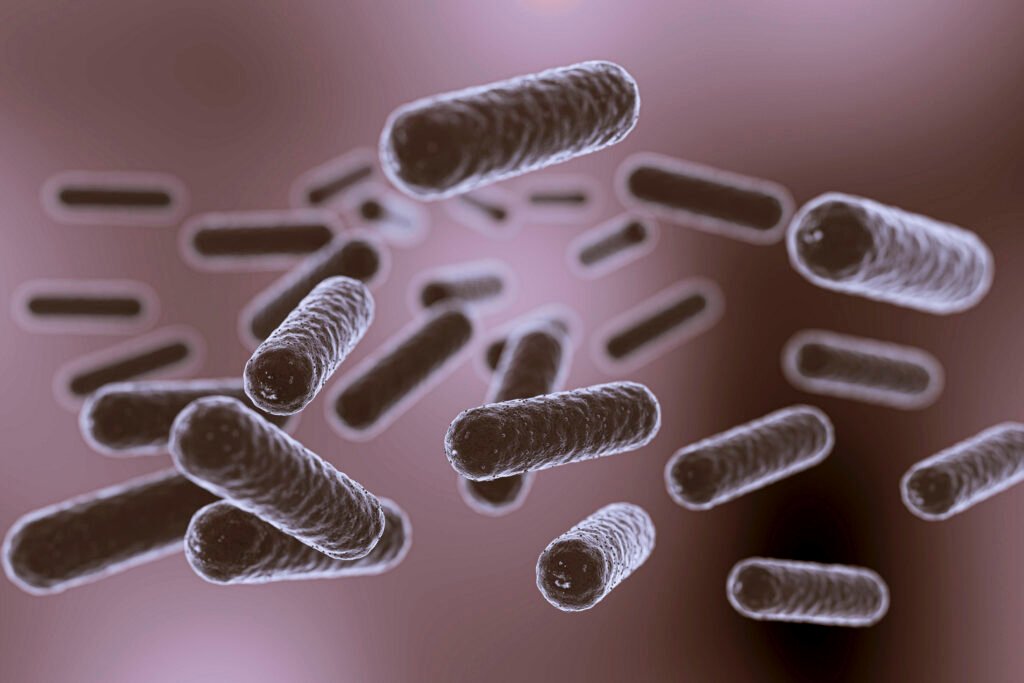
Guess the gut is a bustling city, with gut microbes living as the citizens of this city. In the city’s day-to-day functioning, the enteric nervous system acts as the communication network, sharing information across different regions. This network guarantees the city functions smoothly, from managing transportation to managing public health.
An involved community of archaea, bacteria, and eukarya, estimated to be a combination of 1014 cells (that is about 10-fold more than all human cells present in the human body) and located in the gut where digestion works, is known as the gastrointestinal tract microbiota. This ecosystem is a microbiota made up of 500 to 1000 unique species that have colonized the colon over the first year of life.
However, these mechanisms could be disturbed due to variation in gut microbial composition, referred to as “dysbiosis”. An enormous variety of disorders have been linked to gut dysbiosis so far, including Irritable bowel syndrome
Certain medications
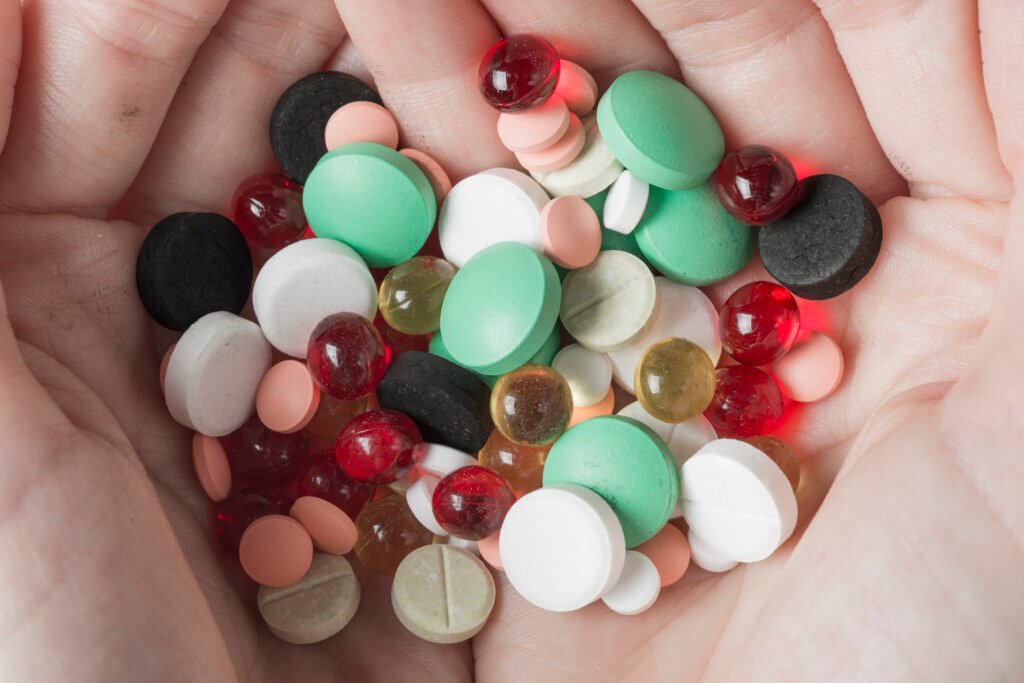
The human digestive system has trillions of viruses, bacteria, and fungi known as the gut microbiota or gut flora. These microorganisms play several important critical roles in our health, including digestion of food and immune system function. When individuals take any medicine or antibiotics to fight bacterial infections, the antibiotics drugs also kill helpful bacteria in the gut which helps in digestion. Repeated or long-term use of antibiotics may affect the gut flora in a way that disrupts the colon’s normal function. Some animal and human research discovered that this disruption may lead to IBS in some cases.
Bacterial overgrowth
Individuals with IBS also have a surplus of bacteria in the small intestines, this condition is called small intestinal bacterial overgrowth (SIBO). It’s unidentified whether SIBO can be a cause of IBS, but people with IBS are more likely than others to test positive for SIBO. Moreover, much research has found that IBS symptoms commonly decrease after antibiotic treatment that focuses on bacteria in the small intestine.
Irritable Bowel Syndrome (IBS)Trigger Foods
There’s no dispute about the role of diet in IBS, as there are numerous common foods that frequently trigger symptoms of IBS. Among the biggest variety of trigger foods are FODMAPs (Fermentable Oligosaccharides, Disaccharides, Monosaccharides, and Polyols).
FODMAPs are those carbohydrates and sugars that are not easily broken down in small and absorbed by the small intestine. Moreover, undigested FODMAP foods behave like a sponge by drawing water into the gut and tangling it there, along with bacteria that can cause gas, bloating, stomach pain, diarrhea, and/or constipation – all of the classic Irritable Bowel Syndrome (IBS) symptoms.
FODMAPs can range from certain vegetables, fruits, and legumes to grains, cereals, and bread. More specific examples of Irritable Bowel Syndrome (IBS) trigger foods to be kept in mind while eating
- onions, Garlic, chives, and leeks are the most commonly must-avoid vegetables in the allium family that can trigger the IBS symptoms.
- Certain fruits, like apricots, apples, mango, cherries, prunes, pears, raisins, and other high-fructose foods.
- Wheat gluten, including rye and barley in high amounts. Be aware of forms of pasta, pastries, biscuits, bread, and cakes.
- Dairy products, like milk, cream, buttermilk, custard, ice cream, yogurt, and other lactose-derived foods can trigger Irritable Bowel Syndrome (IBS) symptoms.
- Legumes, particularly kidney beans, baked beans, borlotti beans, chickpeas, and lentils can trigger IBS symptoms.
- Wine, beer, sodas, caffeinated drinks, certain fruit juices, and fermented beverages can trigger Irritable Bowel Syndrome (IBS) symptoms.
it’s very important to document your diet on a daily basis to know which types of foods are causing problems and which should be avoided to prevent IBS.
Genetics (family history of IBS)
Studies have shown that the risk of developing Irritable Bowel Syndrome (IBS) is twice as high if you have a biological family with the symptoms.
People have more possibility to have IBS if a parent had it than if their own twin did.
Single gene mutations may be responsible for some cases of Irritable Bowel Syndrome (IBS), but a 2016 study by Trusted Source suggested that IBS may also stem from polygenes. Polygenes are genes with effects too small to make a prominent difference on their own, but they can combine together with other genes to have more noticeable effects.
Researchers have not yet identified distinct genes that may pose a risk for Irritable Bowel Syndrome (IBS). One that does seem to be associated with the condition is the TNFSF15 gene Trusted Source, according to the same 2016 study.
A 2020 research study suggests that IBS also has an epigenetic factor. This means that the environment and your behavior could affect the genes that determine whether Irritable Bowel Syndrome (IBS) is triggered.
More specific research is still needed for more better understanding of the involvement of specific genes in the development of IBS.
Above mentioned are the majority of causes that trigger Irritable Boul syndrome some of them which can also trigger IBS are mentioned below
- Brain-gut axis dysfunction
- Infections such as gastroenteritis
- Oversensitive nerves in your gut
- Inflammation in the intestines
- Gut motility abnormalities
Diagnose of IBS (irritable Bowel Syndrome)

So therefore the doctor who evaluates the individual patient with irritable bowel syndrome (IBS) has to pay attention to the types of symptoms when they occur. How regular is your trigger factor, has to assess the patient for the chance of other conditions and that is where we obtain the criteria of or the characters of red flags.
So IBS is a combination of several symptoms that the individual patient mentions to the doctor that consists of either pain, with or without a change in bowel habits such as diarrhea, constipation, or a variable pattern. A combination of both diarrhea or constipation with bloating with a change in shape, or consistency of the stools, they could be hard, they could be loose, they could be like little fragments.
Above all, the irritable bowel does not have the red flags that I mentioned previously, that is the presence of bleeding, very significant relevant weight loss in a specific period of time, no fever, and no vomiting. Once we collect the red flags and if they are not present in the patient, there are other lab results that we could request to evaluate the patient and exclude something that may be caused by another illness other than the IBS, the irritable bowel.
If a physician requests those labs, they are not specific. There is no specific blood test to make the diagnosis of an irritable bowel. So what one does do when he looks at the lab for help to see if there is anemia, evidence of bleeding indirectly or directly, a low red cell count, a low iron or it may be called ferritin, or signs of inflammation in the blood due to various reasons? We request a test called Sed rate or CRP that indirectly looks at this aspect.
Other tests may show low protein to suggest a difficult absorption, and nutrition, which is not a main issue when one deals with irritable bowel. So once the red flags are excluded and the physician is certain about that, he or she can then say “Well I am not yet confident. I need to assess my patient properly in more depth.”
The depth evaluation of the patient can be done with X-rays such as a CAT scan. X-ray of a small intestine, a barium enema sometimes, or proceed of more specific and definitive. Yet somewhat invasive called a colonoscopy where your health expert looks at the lining of the colon. You can take samples through colonoscopy and make sure there is no inflammation.
The bottom line is to make 100% sure that there is no colitis because colitis is treated differently. It is somewhat of a greater concern to some patients because it could bleed to serious consequences and disabilities, so it is important not to attach a diagnosis of IBS, irritable bowel, to someone who may have something that can be treated differently and therefore modify their quality of life and outcome
Types of IBS diseases
IBS-C (IBS with constipation)
The first type of IBS is IBS-C which means constipation is your most dominant symptom and is really characterized by stomach pain bloating infrequent bowel movements and hard stalls which can also be painful to pass and you may also feel as though you need to strain a lot you can also experience this feeling of a blockage in the anus or rectum and have this feeling that you haven’t completely emptied your bowels. So for IBS to be diagnosed as IBS-C at least 25 of your stools are hard and lumpy and fewer than 25 are what we call loose inconsistency.
IBS-D (IBS with diarrhea)
The second type of IBS is IBS-D which means diarrhea is your most dominant symptom and that also comes unfortunately with this sense of urgency and urgent need to empty your bowels.
if you have IBS-D you’ll likely feel as though you need to go to the toilet a lot more frequently and find when you go that your stools are loose and watery now this classification requires more than 25 percent of your stools to be loose and less than 25 to be hard and lumpy
IBS-M (Mixed-type IBS)
The third type of IBS is something called IBS-M. The M stands for mixed and this means that your bowel movements, your bowel symptoms aren’t consistent You experience both constipation and diarrhea this is also known as IBS-A where the stands for alternating and you may experience these changes in your stools, and bowel habits either on a daily or weekly basis. Now for your IBS to be diagnosed as IBS-M your stools must be hard and lumpy as well as loose inconsistency at least 25 of the time
IBS-U (IBS unclassified)
Finally, there is a type of IBS and this stands for IBS unclassified. Now this subtype comes with a mixture of different symptoms and is a lot harder to define but basically, your symptoms don’t fall into the categories of IBS-C, D, or M.
IBS treatment or irritable bowel syndrome treatment
It’s important to remember that there is no cure for irritable bowel syndrome and the management options are unlikely to completely remove all your symptoms. however, they can be used in combination to improve your quality of life so let’s look at all the options.
Lifestyle Modifications
Lifestyle factors Making lifestyle changes isn’t easy however if you are dedicated and commit to a lifestyle plan with your doctor’s advice. You should experience an improvement in your IBS symptoms so first of all exercise.

exercise is a proven factor that can significantly improve your symptoms of IBS. exercising regularly has several additional health benefits. It can be used to effectively control your weight improve your mental well-being and reduce your risk of heart attack stroke and cancer, your mental health.
so maintaining your mental health is an important factor that can help your IBS symptoms. you may be someone who finds that during stressful or emotional periods your Irritable Bowel Syndrome symptoms worsen
Dietary Changes
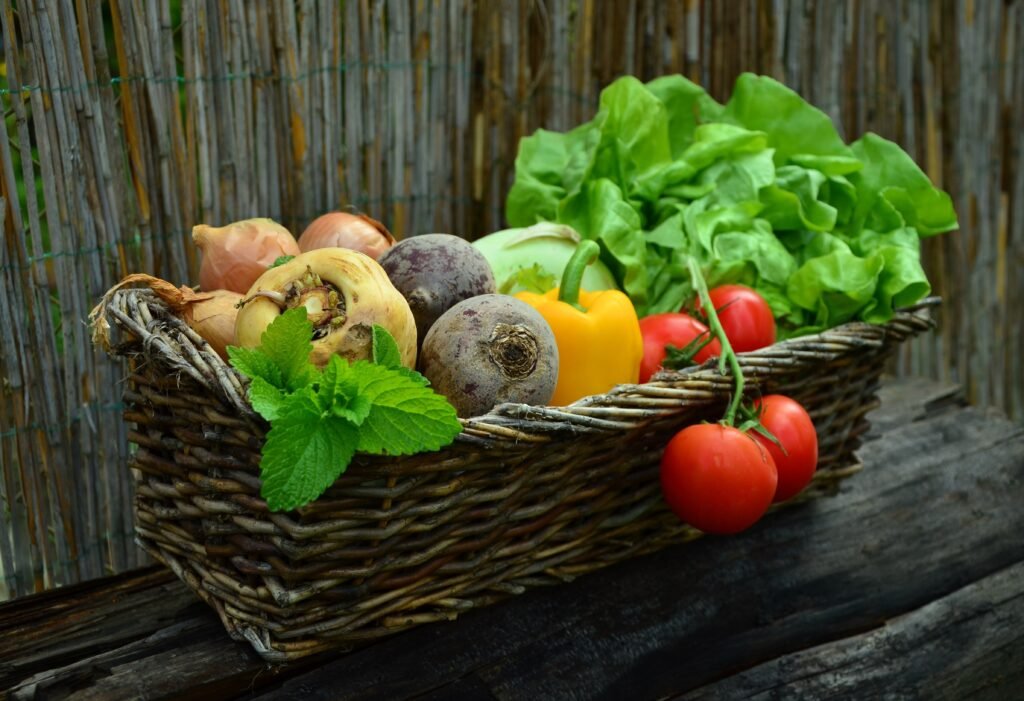
- Increased fiber consumption
- Irritable bowel syndrome may also be improved with a lactose-free diet
- avoid caffeine if you have irritable bowel syndrome
- choosing a low-fodmap diet
- Gluten-free diets can improve irritable bowel syndrome symptoms.
- Low-fat diets improve symptoms of irritable bowel syndrome.
- avoiding spicy foods improves Irritable Bowel Syndrome.
- avoid carbonated drinks.
- avoid alcohol consumption.
- drinking plenty of water.
- Probiotics fermented foods such as kombucha yogurt kimchi and kefir are the options to cure IBS.
Medications or ibs medication
Using medication should be a joint decision between you and your doctor
- Abdominal cramps can be managed with medications that prevent muscle spasms within the gut these medications are known as antispasmodics and some commonly used examples are hyacine butyl bromide under the commercial name of buscapan
- Peppermint oils abdominal bloating is caused by a gaseous buildup within the gut some patients find that peppermint oils are useful in relieving the sensation of fullness associated with the gaseous distension.
- Episodes of diarrhea can come at the most inappropriate times and this of course can be of great embarrassment for patients medications that can slow down the gut can help reduce these episodes one example is loperamide however the required dose for each patient is variable.
- Episodes of constipation can leave patients in considerable discomfort short courses of laxatives can be useful. If you’re suffering from a period of constipation for patients with difficult-to-manage constipation in IBS. you may benefit from a medication called linaclotide this medication works by increasing the movement of the bowel and also helps in reducing discomfort associated with the IBS You may also consider soluble fiber supplements or foods high in soluble fiber such as oats or linseed to help improve your symptoms of constipation.
- we also know that anxiety and stress can worsen your symptoms of IBS and medications can help to improve. your mental health can also improve symptoms of commonly used medications such as SSRIs or tricyclics. Antidepressants have proven to be effective in the management of IBS in many patients. Antidepressant medication can be effective management even in the absence of any mental health concerns. So what’s my prognosis doc around two in every three patients can be effectively managed with appropriate medical support with significant improvements in symptoms and quality of life if you are suffering from Irritable Bowel Syndrome.
Foods to Eat with Irritable Bowel Syndrome (IBS) and foods to avoid with ibs
high fiber Diet
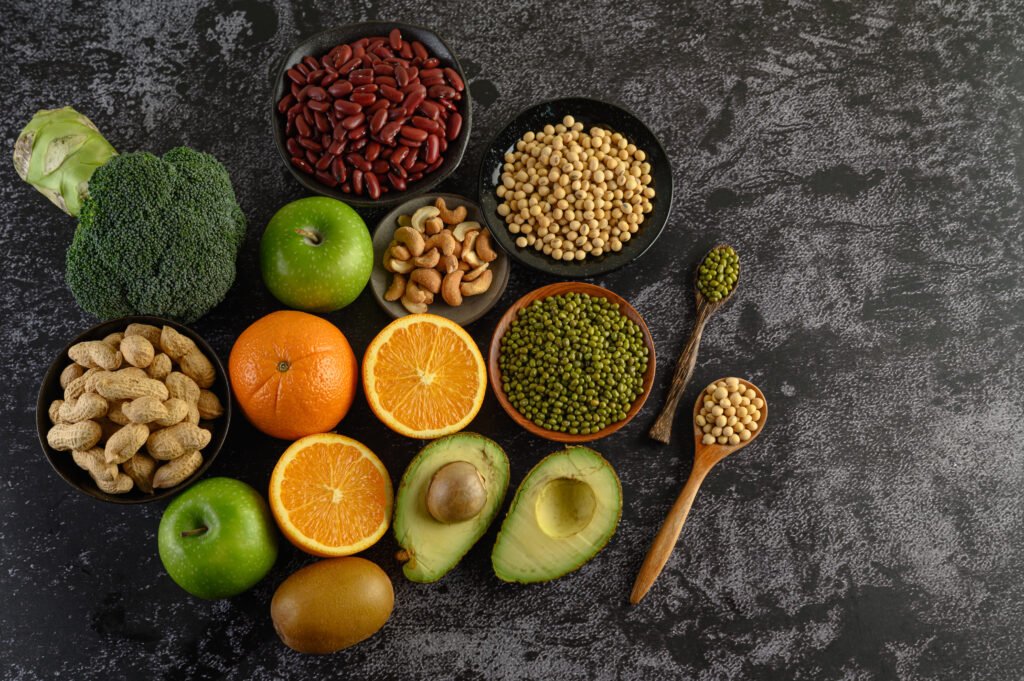
Increased fiber consumption has been demonstrated to reduce and improve symptoms of irritable bowel syndrome. Now the caveat here is that high fiber improves symptoms of irritable bowel syndrome that is associated with constipation or constipation-predominant irritable bowel syndrome.
High fiber improves symptoms of irritable bowel syndrome predominantly with constipation so the goal here is at least 30 grams of fiber per day this has been shown to help improve symptoms of irritable bowel syndrome especially the constipation type so some foods where we can get a lot of fiber include nuts, particularly almonds beans lentils peas whole grain foods vegetables like broccoli fruit bran and psyllium
fiber can be a tricky subject for people with IBS on one hand fiber can help regulate Digestive Health feed good bacteria in the gut and depending on the type of fiber can reduce constipation or diarrhea on the other hand fiber can irritate a sensitive gut and lead to pain and bloating especially in large doses don’t go from a low fiber diet to one high in fiber overnight as this can cause very painful digestive symptoms if you want to increase the fiber in your diet you need to make gradual changes increasing your daily intake by a few grams and maintaining the new level for a week or two before for adding more
Lactose-free diet or Avoide milk product
Irritable bowel syndrome may also be improved with a lactose-free diet so it may be best to avoid dairy products or choose lactose-free options. This is particularly beneficial for those with lactose intolerance. So there are some cases where an individual may have some mild lactose intolerance so may be best to try to reduce or avoid dairy products or again choose lactose-free options.

lactose-free diet or lactose-free options may be beneficial with individuals who have irritable bowel syndrome especially those with lactose intolerance even if they don’t know their complete lactose intolerance it may have some mild lactose intolerance so it may be best to avoid lactose in general.
Avoid caffeine
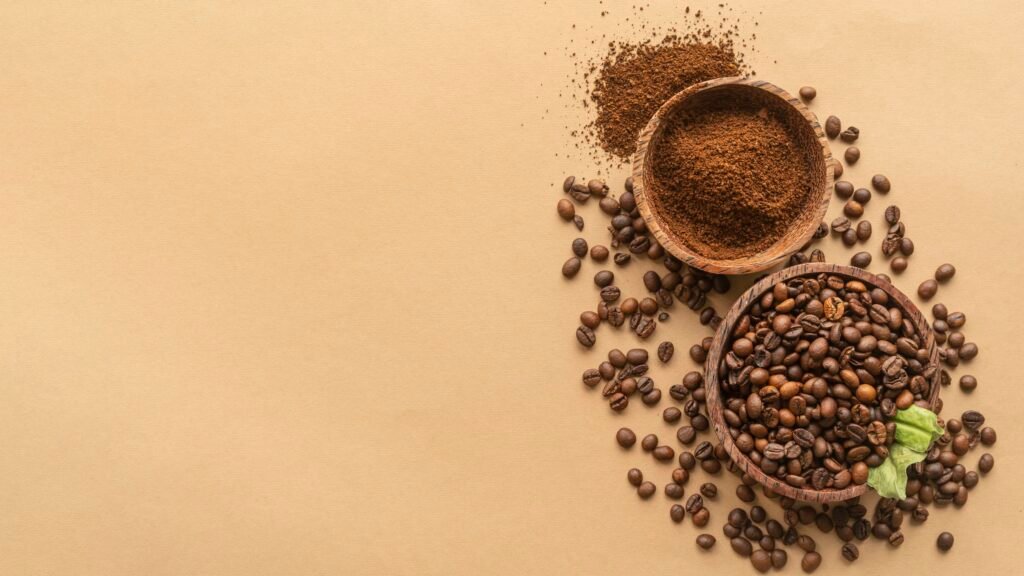
it’s best to avoid caffeine if you have irritable bowel syndrome because caffeine stimulates gut motility so it increases the motility of your gastrointestinal system and increases gastrointestinal activity this can particularly exacerbate or worsen diarrhea. so if you have irritable bowel syndrome diarrhea type this can worsen that or worsen symptoms .so it’s again best to avoid or reduce caffeine intake and doing so is associated with an improvement of irritable bowel syndrome symptoms. Caffeine can be found in various times such as coffee, tea, soft drinks, chocolate, Chewing gum, Yerba mate drinks, etc.
Avoid fodmap
Another good dietary option is choosing a low fodmap diet so fodmap stands for fermentable oligo dye and monosaccharides and polyols. These are the chemical names of five naturally appearing sugars that are not well absorbed by your small intestine. A low fodmap diet can improve symptoms of IBS and then it’s also good to try to avoid caffeine as well because caffeine stimulates gastrointestinal functioning or gut motility and it can worsen diarrhea.
it’s necessary to avoid high FODMAP foods items that trigger the IBS, including:
- Dairy-based products milk, yogurt, and ice cream
- Wheat-based products such as bread cereal, and crackers
- lentils and Beans
- Some vegetables, such as asparagus, artichokes, onions and garlic
- Some fruits, such as cherries, apples, peaches and pears
Instead, base your meals around low-FODMAP foods such as:
- meat and Eggs
- Certain cheeses such as Camembert, brie, feta, and cheddar
- Almond milk
- Grains like oats rice and quinoa
- Vegetables like potatoes, eggplant, cucumbers tomatoes, and zucchini
- Fruits such as strawberries, grapes, oranges, pineapple and blueberries
Gluten-free diets
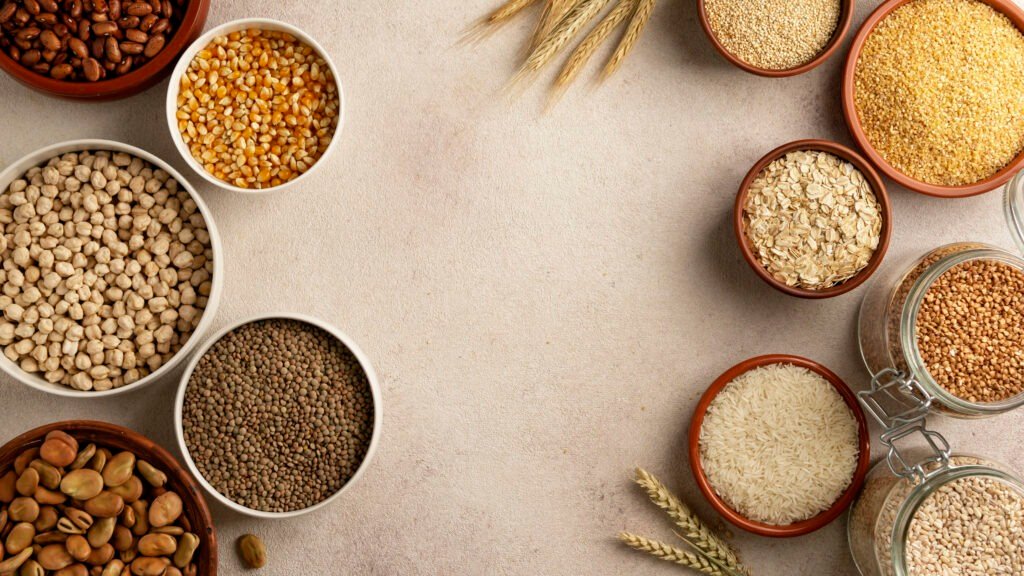
Gluten-free diets can improve irritable bowel syndrome symptoms as well so avoidance of gluten has been demonstrated to reduce symptoms of IBS even in the context of a patient not having celiac disease. There has been a study performed showing that six weeks of a gluten-free diet leads to a significant improvement in IBS symptoms so where can we get gluten? gluten comes from brow foods so brow stands for barley rye, oats, and wheat we can also get it in foods that contain these types of products beer cereals baked goods pasta dressings, and gravies.
Low-fat diets
Low-fat diets improve symptoms of irritable bowel syndrome as well so a high-fat diet is associated with worsening of IBS symptoms. Reducing fat intake may help reduce IBS symptoms so the goal here is less than 27 grams of fat per day. A higher fat diet can lead individuals to various health issues like cholesterol etc
LDL Cholesterol Symptoms, Cause, Treatment
fat is a major nutrient large amounts of it can disturb the digestive tract and focus on eating fat from food sources such as fish nuts and avocados. try lower-fat cooking methods such as roasting baking boiling steaming and sauteing and limit deep frying
Avoid spicy foods

avoiding spicy foods improves IBS so spicy food consumption is associated with an increased prevalence and symptoms of IBS it was found that particularly when eating spicy foods more than 10 times per week so eating a lot of spicy foods increases symptoms of IBS so even though it seems that you need to consume a lot of spicy foods it may be best to just avoid spicy foods .
Avoid carbonated drinks

it’s best to avoid carbonated drinks. Carbonated beverages may lead to increased gas bloating which worsens symptoms of IBS. we talked about some of those associated symptoms like bloating which can lead to worsening bloating and worsening gas that is associated with IBS. examples of carbonated beverages include soda pop, club soda, and other soft carbonated drinks.
Avoid alcohol consumption

it’s also important to avoid alcohol consumption as well as drinking alcoholic beverages, especially binge drinking so drinking a lot in one episode or one sitting is associated with the next day’s worsening of IBS symptoms, particularly diarrhea nausea, and abdominal pain.
Drink plenty of fluids/Water

Increase your fluid intake even if you aren’t eating lots of fiber. you should still make sure you are drinking enough water. This is a good tip for everyone as hydration is very important for overall health. it can especially play an important role for those with Irritable Bowel Syndrome symptoms. Frequent diarrhea can lead to dehydration, so it is important to drink plenty of fluids.
whenever you face this symptom of IBS, water can also help. if you have constipation plenty of liquids can help soften stools and water is ideal. you can also stay hydrated by drinking herbal tea juice milk broth and most non-alcoholic liquids and non carbonated drink
Probiotics fermented foods
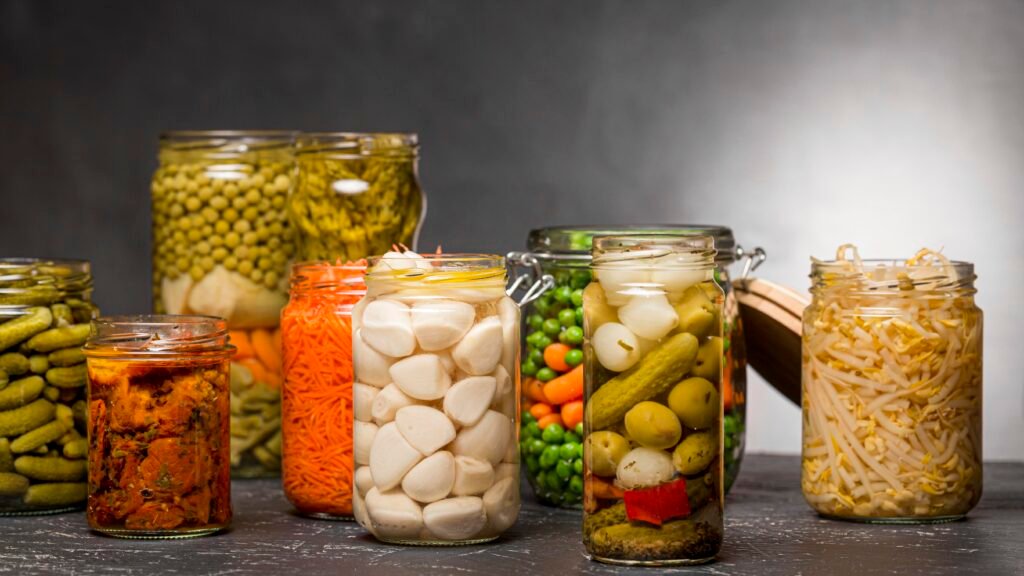
Probiotics fermented foods such as kombucha yogurt kimchi and kefir are the options but you don’t know what you’re getting with these products. it won’t hurt to try to use these Foods in your diet. it is best to take probiotic supplements that have adequate research backing their efficacy. however, there are many probiotics products available a shortage of regulation in the industry, and no guarantee that these will help.
Is IBS dangerous?
IBS is not that dangerous if proper precautions and treatment are taken, if not then it can be dangerous. There is no treatment for IBS, only lifestyle change, food habit change will be done and some medicines will have to be used which reduce the impact of IBS. As IBS worsens it can lead to cancer and serious diseases of the digestive system. Lifestyle change most effectively reduces IBS, lifestyle change through regular exercise, reducing stress levels, etc, and changing food habits can reduce IBS, like which food is best and which is worst for IBS.
how to cure ibs permanently?
There is no method to cure IBS permanently but with certain precautions and changes in lifestyle, change in food habits we can reduce the impact of IBS.
Is IBS curable?
yes IBS is curable. You can treat IBS if you change your lifestyle. IBS symptoms can be reduced by exercising regularly and reducing your mental stress and anxiety levels. Your food habit plays a major role. You have to identify which food is triggering IBS and which food is reducing the symptoms of IBS. You have to avoid your IBS-trigger food. In case of constipation and diarrhea triggered by IBS, you can use medication to cure constipation and diarrhea but do not take it without a doctor’s advice. Sometimes you can use medication to reduce stress and anxiety. in last drink a lot of water and drinking a lot of water can reduce the symptoms of IBS.
is ibs dangerous if left untreated?
Yes, this is a very serious disease, If you have not taken even a few steps it can worsen in your body. You can have very serious issues with the digestive system. Patients with severe IBS can lose weight rapidly. you will not be able to eat enough and your body will not be able to absorb those nutrients. If IBS is not treated for a long time, it can lead to cancer of the intestines or any serious disease related to the intestines.
what is ibs stand for?
IBS stands for Irritable bowel syndrome. Irritable bowel syndrome or IBS is a chronic condition affecting your large intestine. Your large intestine also known as your colon includes the cecum, ascending colon, transverse colon, descending colon, sigmoid colon, rectum, and anal canal. The muscular wall of your colon contracts in a rhythmic fashion called peristalsis to move the intestinal contents toward your rectum


